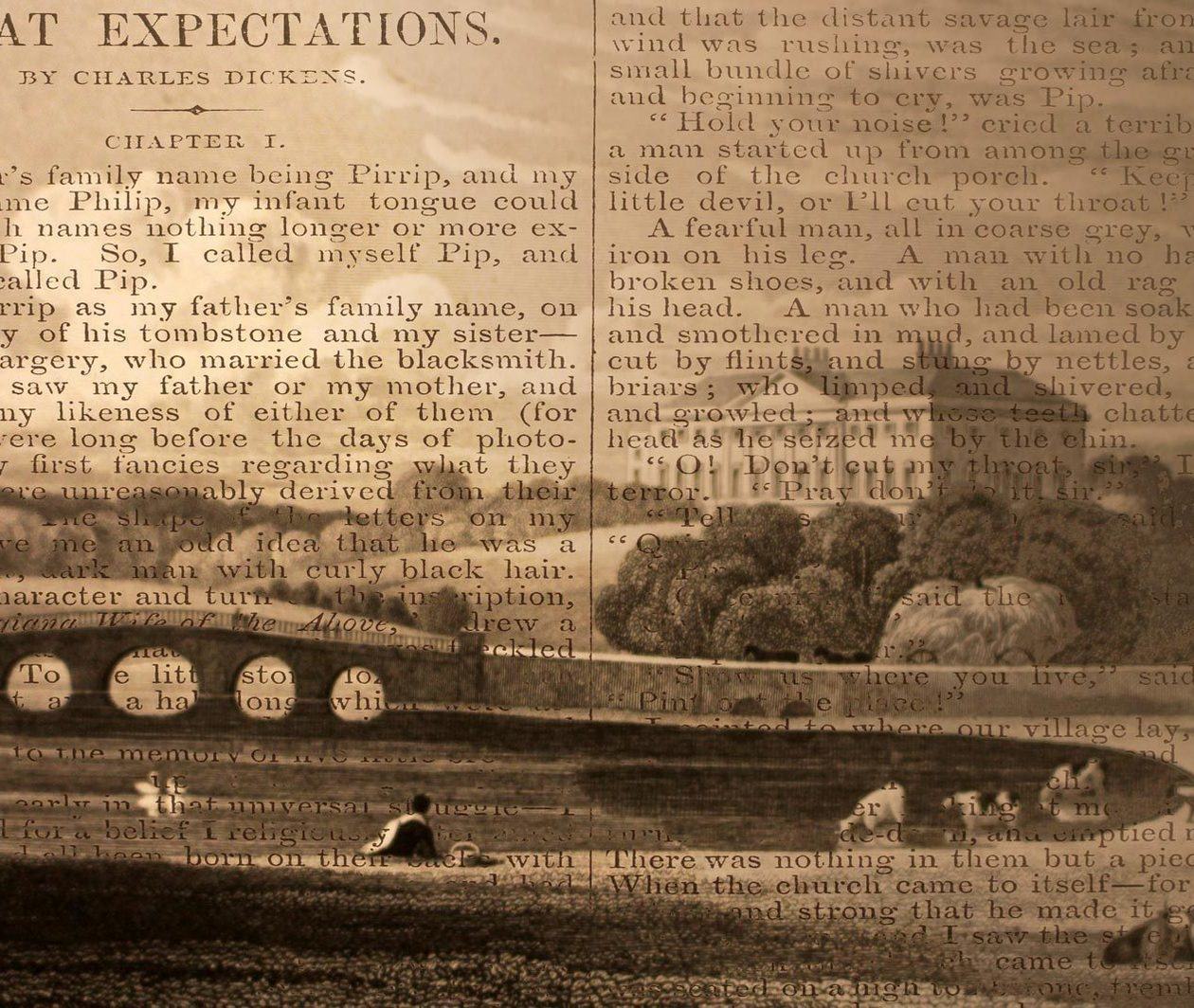Skip to 0 minutes and 18 seconds The country house has been a subject in English literature for well over 500 years. It’s just as prominent in the writing of early modern figures, like William Shakespeare and Ben Jonson, as it is in the writing of today. In this course, you’ll read the country house literature of some of our most celebrated authors. From famous authors like Jane Austen and Charles Dickens to writers you might be less familiar with like Joseph Addison and Georgiana Duchess of Devonshire. The country house offers an excellent way into the history of English literature and prompts questions like, how is the country house portrayed? What does it represent? What are the enduring appeals to writers and readers?
Skip to 1 minute and 2 seconds We’ll also be taking you into the Special Collections archive at The University of Sheffield. There we’ll explore different ways of writing about the English country house. Of course, we’ll read novels, poetry and plays, but we’ll also consider other genres of writing, like letters, newspapers and periodicals. The archive allows us to reconstruct and revisit country house literature as it originally appeared. We’ll examine handwritten manuscripts and we’ll think about how a mere fragment can come to be a literary text and a window into the past.
Skip to 1 minute and 39 seconds In order to develop a literary interpretation, we’ll learn and practise close reading. This approach focuses on style. It allows us to read between the lines and get under the skin of the text. We’ll speak to scholars at The University of Sheffield about the approaches they take in their research. They will help us to place our close readings in context. These perspectives include history, politics, gender and the connections between different works.
Skip to 2 minutes and 16 seconds By the end of the course, you’ll learn how to produce your own literary interpretations, informed by the material conditions of the production and circulation of texts. You’ll place your readings into context with the help of a wide variety of research approaches. So join us as we embark on our tour of the country house in English literature.

